Lexus EVs Will Soon Tout 800-Volt Electrical Architecture
However, not all future Lexus EVs will get it.
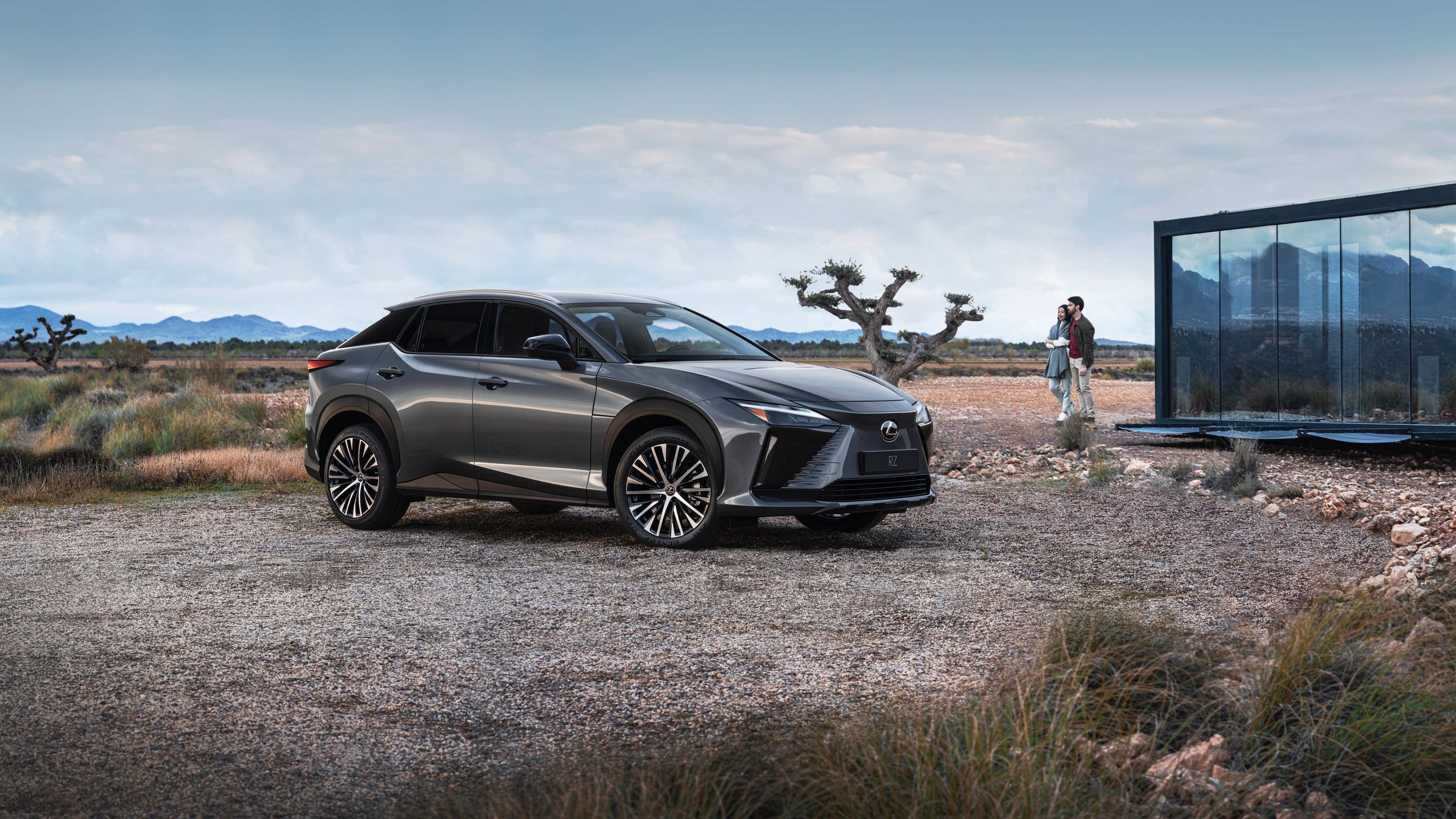
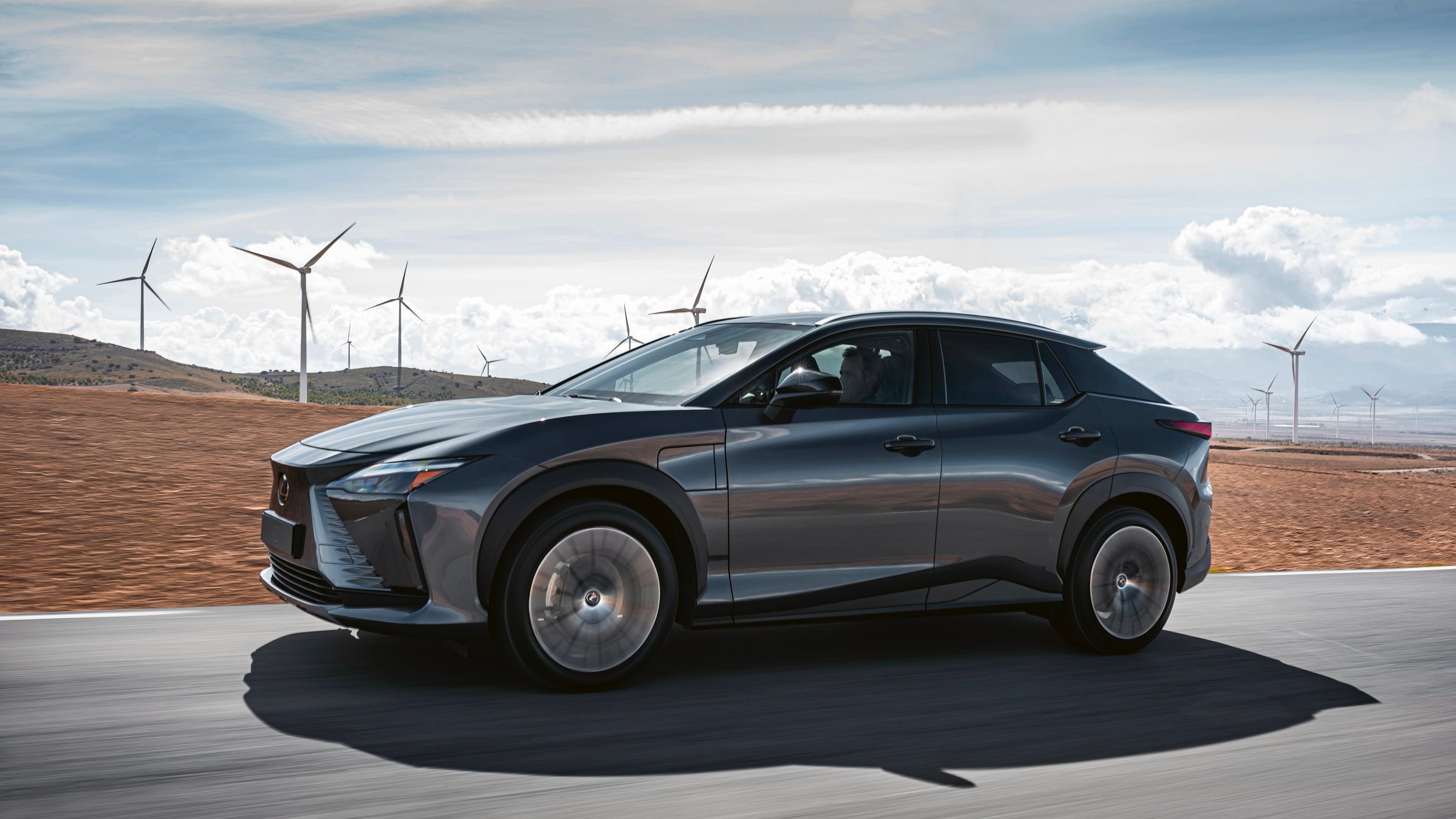
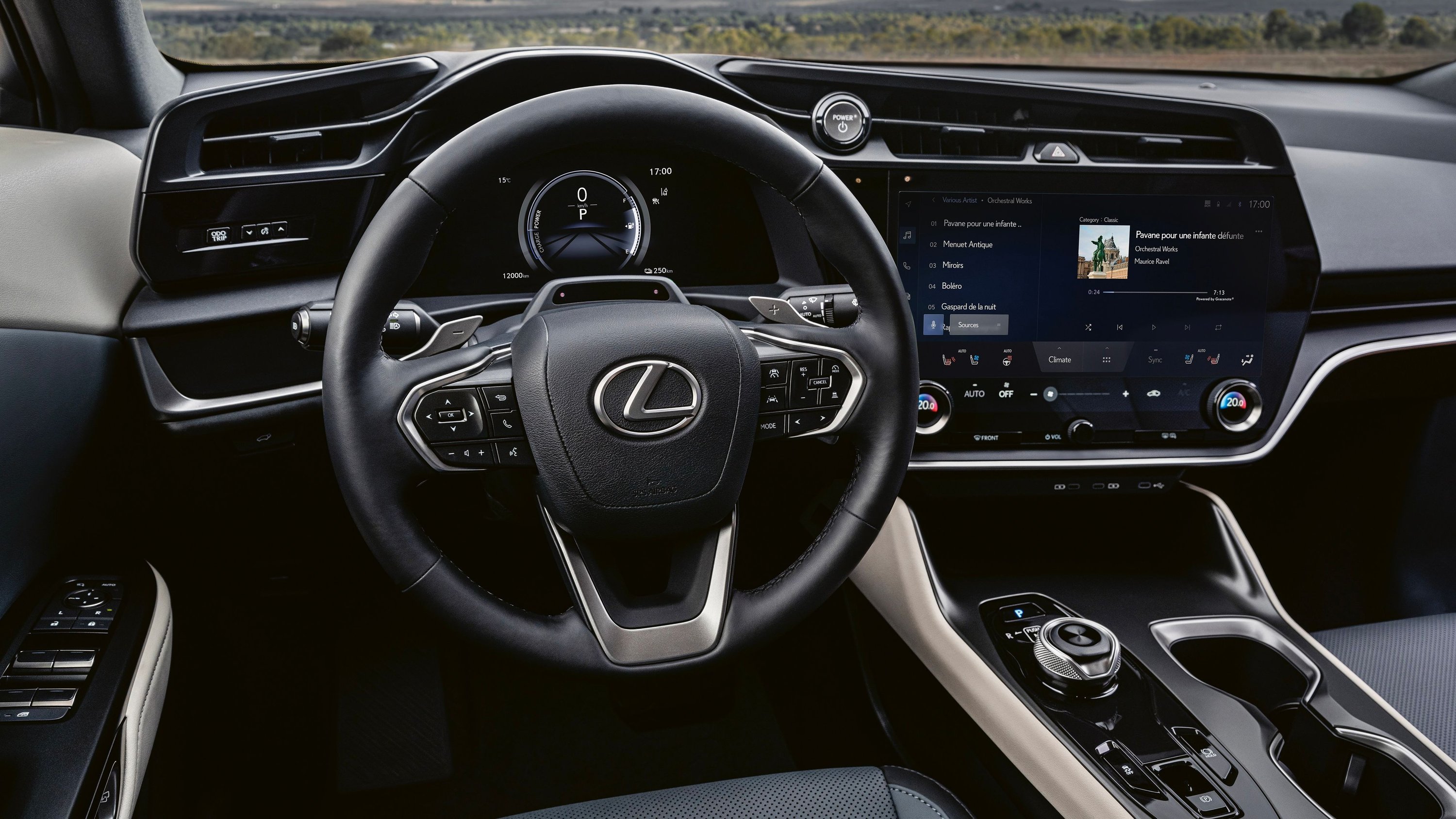

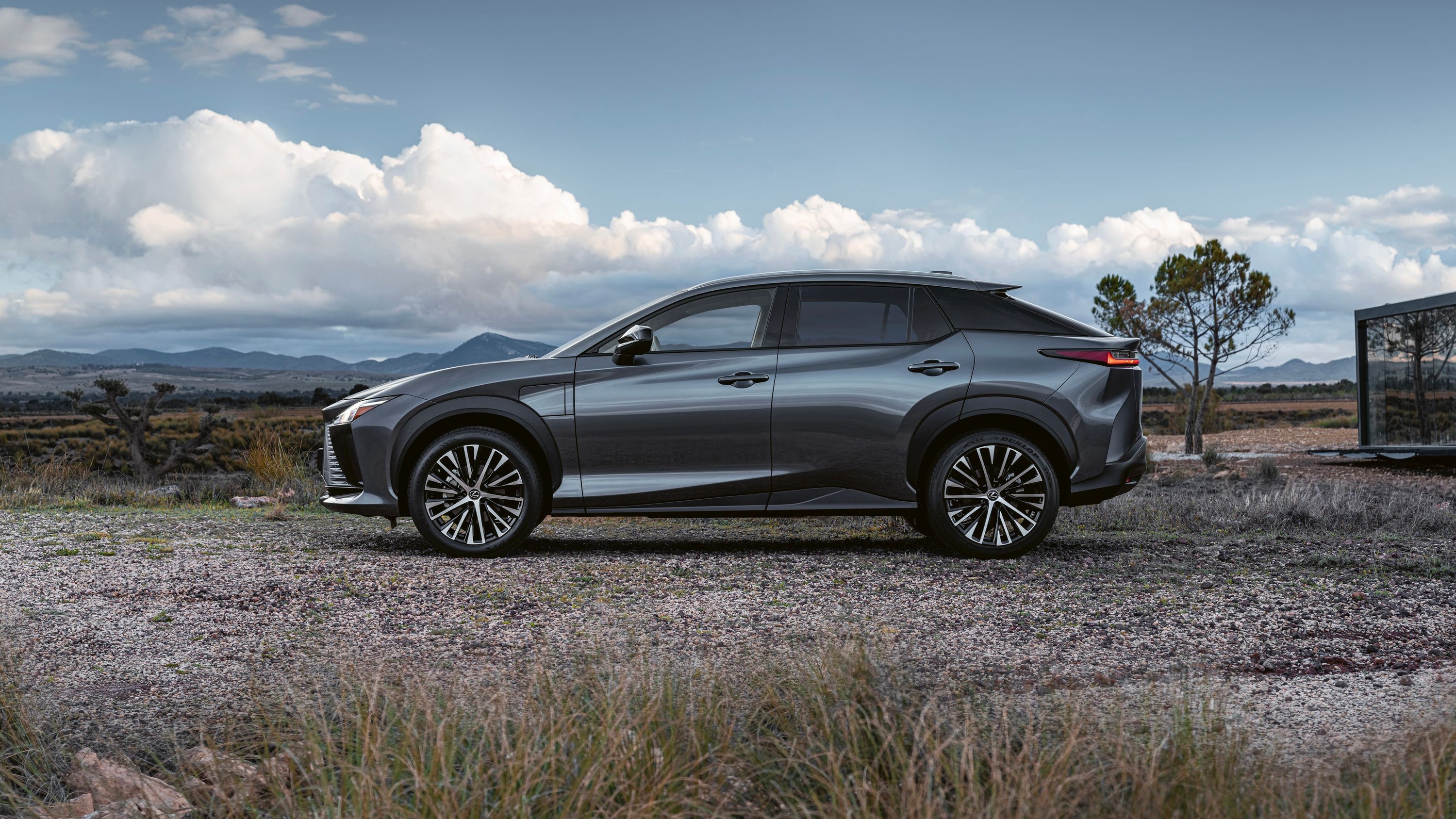
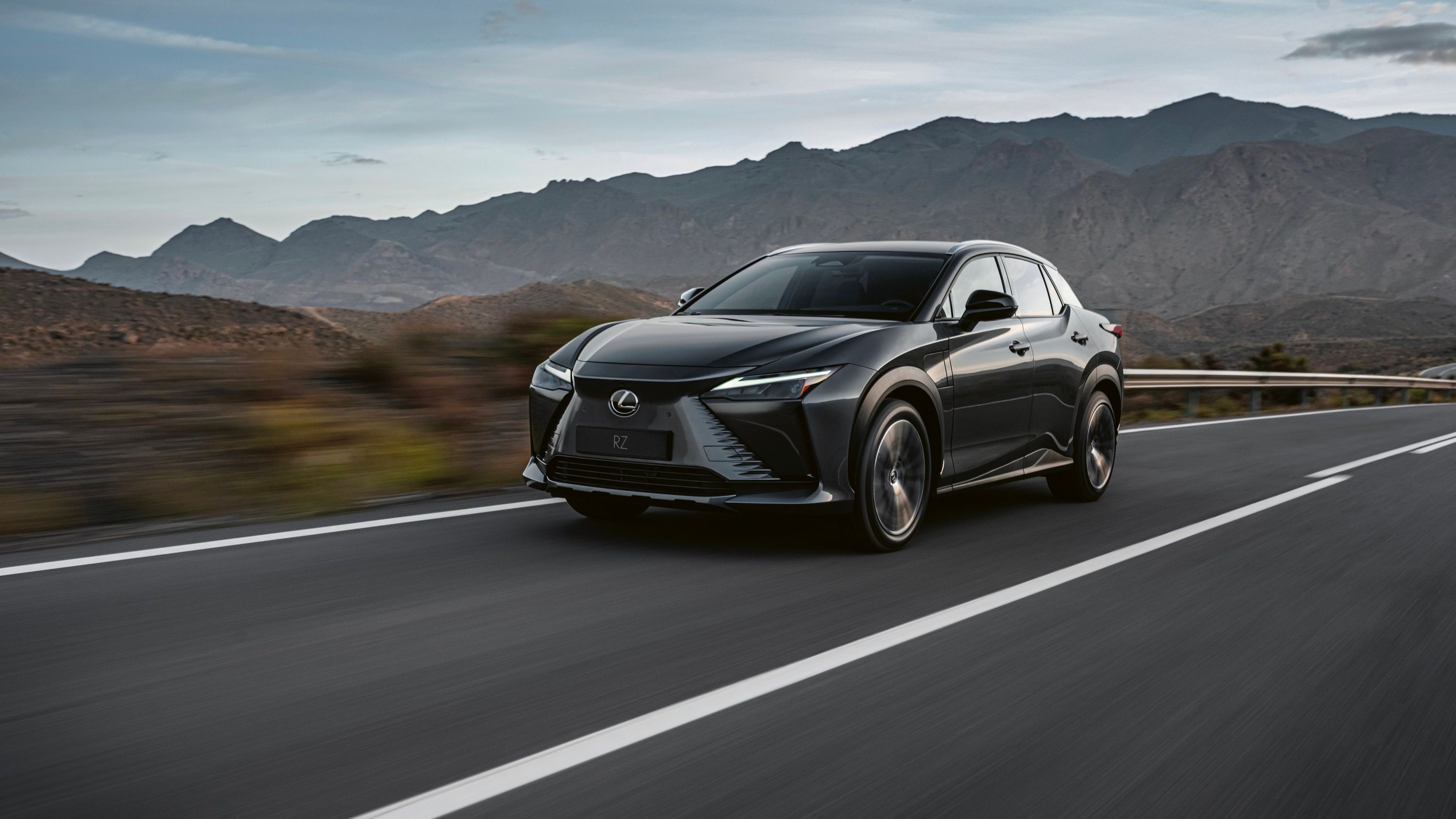
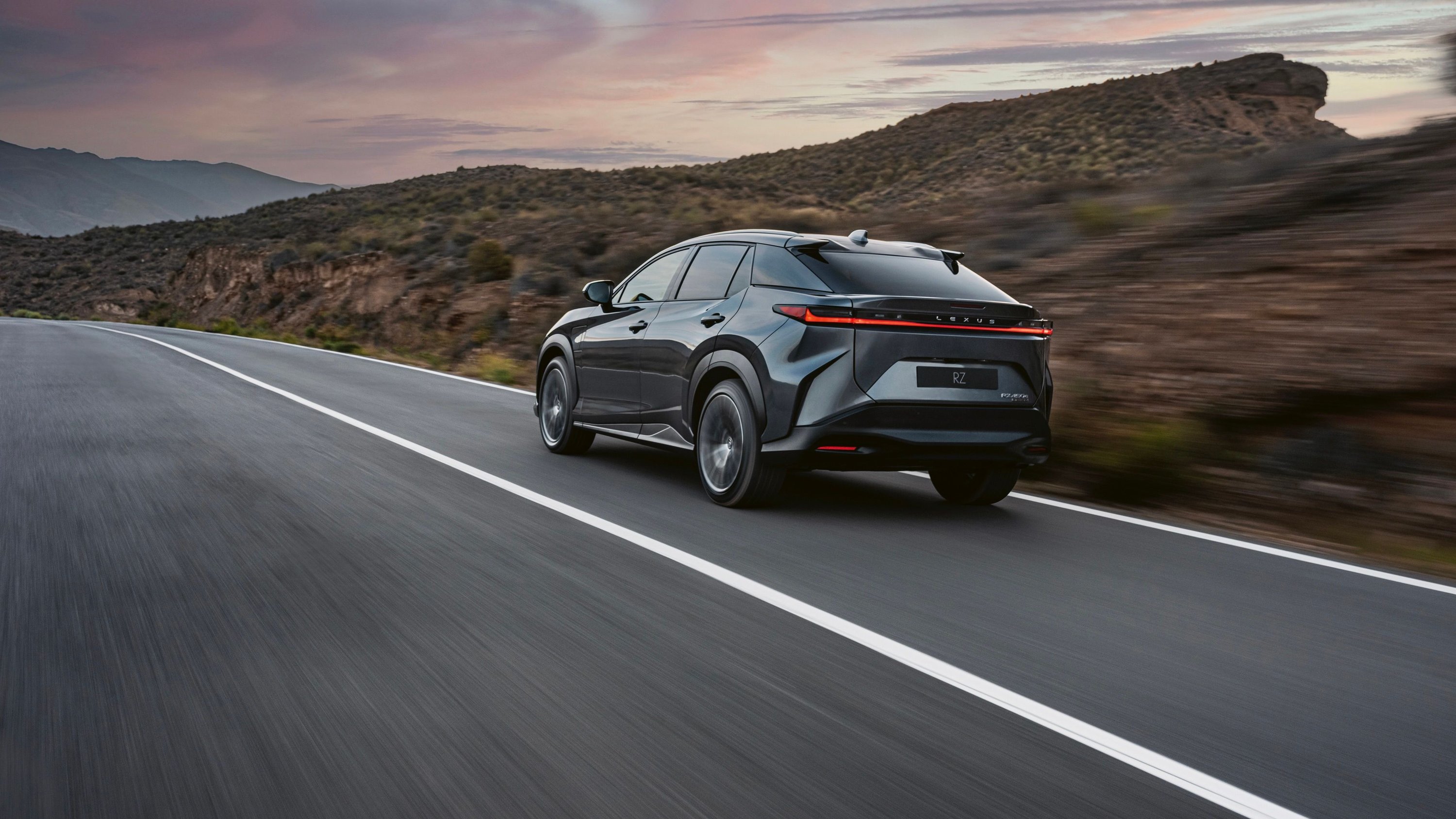







Faster Future
As most are well aware, the upcoming 2023 RZ 450e will be Lexus' first global EV model, but certainly not its last as the luxury brand aims to go all-electric in the coming years. Many are still apprehensive about EVs for several reasons, however, much of which revolves around the availability of and speed of charging. As it turns out, Lexus is already planning on addressing the latter by designing an 800-volt charging architecture, chief engineer Takashi Watanabe told Green Car Reports.
Photos: Lexus
Drawing a Line
However, the RZ450e won't be getting this 800-volt architecture, at least at first, as its 71.4 kWh battery pack charges at around 400 volts. Watanabe pointed to the relationship between battery capacity and charging as the reason for this omission, noting that "larger battery packs warrant the faster electrical architecture and charge rates" and saying that anything 100 kWh and higher makes sense for this sort of application.
Photos: Lexus
All About Money
As is usually the case, the decision to limit 800-volt charging architecture to certain models boils down to its extra cost. It simply doesn't make financial sense at the moment to use faster charging on less expensive vehicles of those that don't have big battery packs, as they're quite costly for automakers to produce.
Photos: Lexus
Lacking Infrastructure
Then there's the matter of charging infrastructure. At the moment, there aren't many 350 kW chargers in the U.S., as most 150 kW chargers are the most predominant right now. Lexus believes this will remain the case for some time until infrastructure catches up, so most owners may not benefit from the faster-charging rates anyway.
Photos: Lexus
Setting a Standard
Globalization is important for a brand like Lexus, which sells its vehicles in a variety of markets, too. In that regard, Lexus tried to make the RZ450e useful in a variety of places, not just tailor it to one market. "CCS is the global standard, it's convenient, and CCS 150 (kW) looks like it'll be the majority for the foreseeable future," Watanabe said
Photos: Lexus
Fewer Limitations
Regardless, it seems as if Lexus is embracing the idea of over-the-air updates for its EVs. "Right now we’re not trying to put any limitations or restrictions on what’s possible through OTA," Watanabe said. This is important as other automakers have been somewhat reluctant to do things like improving range via OTA updates, like Ford with its Mustang Mach-E.
Photos: Lexus
Interesting Decisions
While many in the U.S. see the RZ450e's range of 200-225 miles as somewhat low, Watanabe did point out that it's viewed as perfectly adequate in places like Japan. However, it'll be interesting to see how this more conservative strategy plays out in the U.S., where most EVs these days have fast-charging capability built-in and at least 300 miles of range.
Photos: Lexus
>>Join the conversation about future Lexus EVs right here at ClubLexus.com.
For help with your maintenance and repair projects, please visit our How-to section in the forum.
